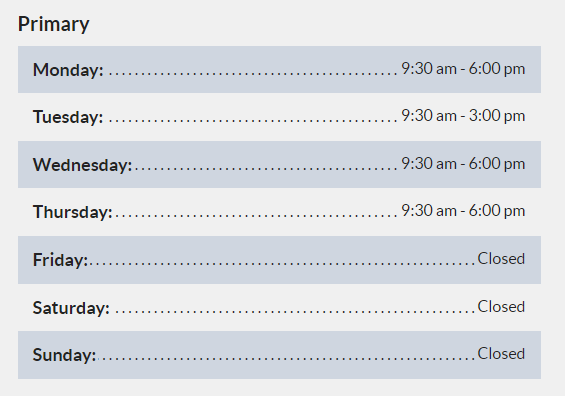Dry Needling
Dry needling is a technique that  trained healthcare providers use to treat musculoskeletal pain  and movement issues. It’s almost always used as part of a larger pain managment plan that could include exercise, stretching, massage and other techniques. During this treatment, a provider inserts thin, sharp needles through your skin to treat underlying myofascial trigger points.
How does dry needling work?
When muscles are overused, they can go into an energy crisis, lacking adequate blood supply, oxygen, and nutrients. This causes the tissue near trigger points to become more acidic and sensitizes nerves, leading to soreness and pain.
Dry needling can help by stimulating trigger points with a needle, which increases blood supply, flushes out the area, and releases tension. The prick can also trigger nerve fibers to release endorphins, the body’s natural painkillers.
During a session, a therapist inserts a needle into the trigger point, sometimes moving it to elicit a local twitch response, indicating the muscle is reacting. Pain relief and improved mobility may occur immediately for some, while others may need multiple sessions.
What does dry needling do?
Dry needling may help relieve pain and increase your range of motion. Conditions that dry needling may treat include:
- Joint issues
- Disk issues
- Tendonitis
- Migrain and tension type headaches
- Jaw and mouth issues, such as TMJ disorders
- Whiplash
- Repetitive motion disorders, such as carpal tunnel syndrome
- Spinal issues
- Pelvic painÂ
- Night cramps
- Phantom limb painÂ
- Postherpetic neuralgia a complication of shingles
Who shouldn’t get dry needling treatments?
There are certain groups of people who shouldn’t receive dry needling. Providers don’t recommend the procedure for children under the age of 12 because it can be painful. You and your child will both need to provide consent, and you should consider other less invasive options first. Other groups who should consult with their physician before receiving dry needling include people who:
- Pregnant
- Aren’t able to understand the treatment
- Are very afraid of needlesÂ
- Have compromised immunity
- Have just had surgery
- Are on blood thinners
Office Hours
Find Out When We Are Open




